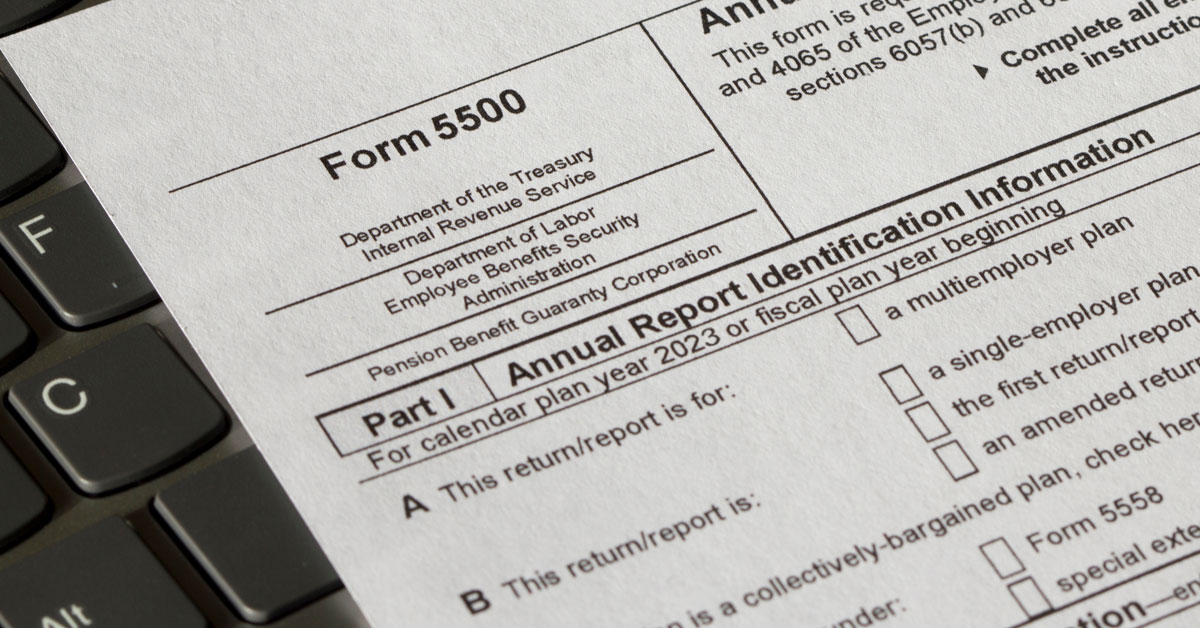Viewpoints about
-

Understanding the DOL’s definition of an investment advice fiduciary
The proposed DOL Retirement Security Rule changes the definition of an investment advice fiduciary. Learn what this means for your participants.
Read more -

What’s new for the 2023 IRS Form 5500?
The DOL has made some significant revisions to the 2023 IRS Form 5500. Find out what’s changed to help you gather the appropriate data and keep your retirement plan compliant.
Read more -

Three tips to help avoid becoming an accidental fiduciary
As a third-party administrator (TPA), you may often take initiative to help plan sponsors with various tasks. But could you accidentally cross a line to become a fiduciary by doing these things? We’ll share some tips to help avoid unwanted fiduciary status while still offering excellent service.
Read more -

What the DOL’s final rule for electronic delivery means for ERISA retirement plans
The DOL has issued its final rule, and established safe harbor, for electronic delivery of retirement plan communication. Here’s what plan sponsors and financial professionals need to know.
Read more -

Seven ways ERISA can guide your meetings and help you grow your business
Manage and grow your book of business more efficiently.
Read more -
.png)
What the DOL’s proposed rule for electronic plan disclosures means for ERISA plans
According to the DOL, clearing the way for eDelivery would deliver both immediate and long-term benefits to retirement plan sponsors and participants. Get details on the DOL’s plan to lower retirement plan costs by providing a more comprehensive safe harbor for electronic plan disclosures.
Read more -

Are Taft-Hartley plans subject to ERISA?
How to determine if your Taft-Hartley plan is covered by ERISA, and why it matters.
Read more -

The ERISA calendar can help financial representatives with practice management and marketing
What’s the best way for 401(k) plan advisors to promote their value to clients and prospects?
Read more
- Previous
- 1
- Next



